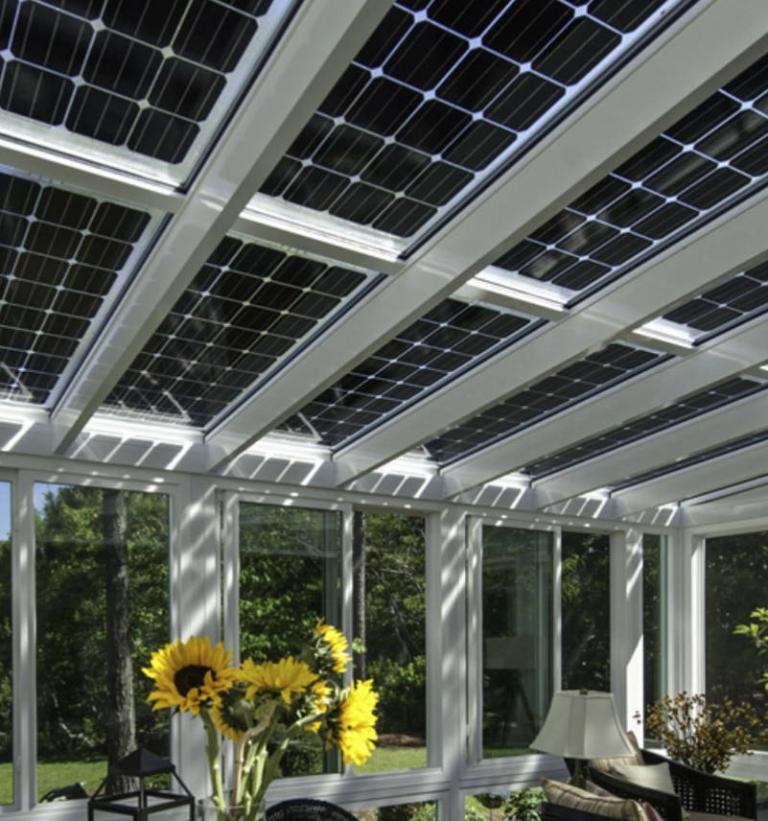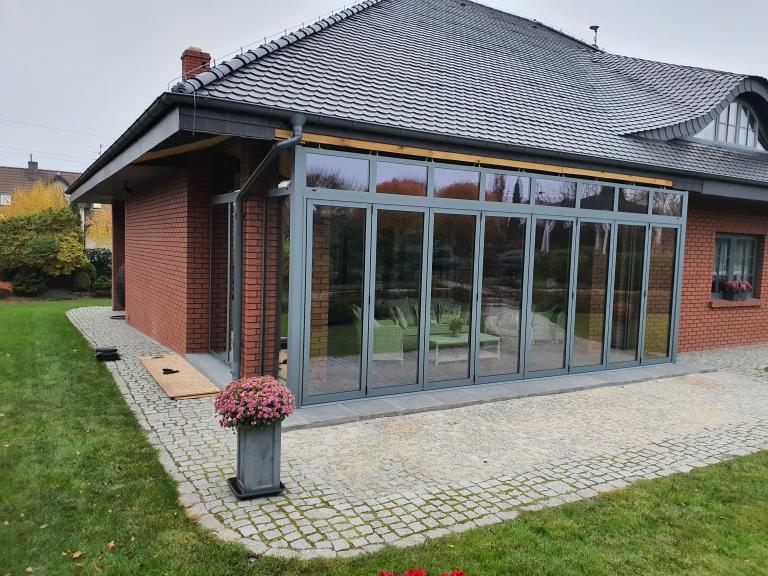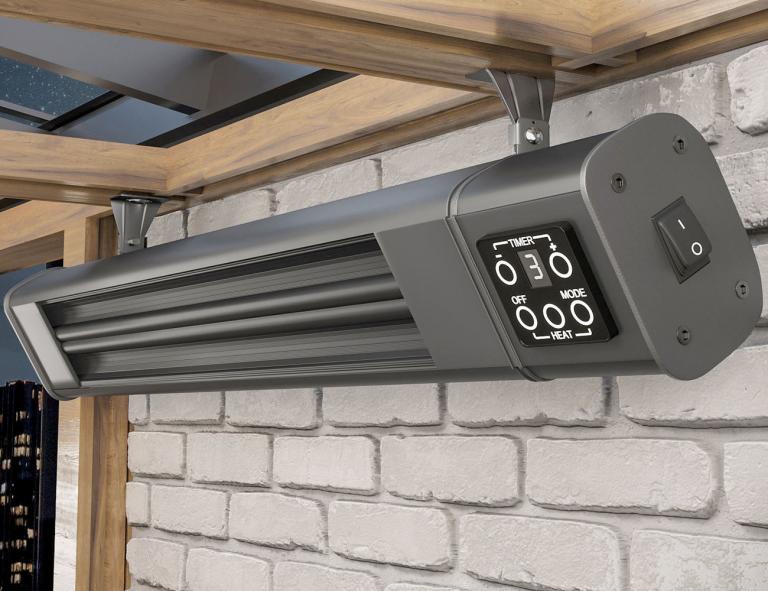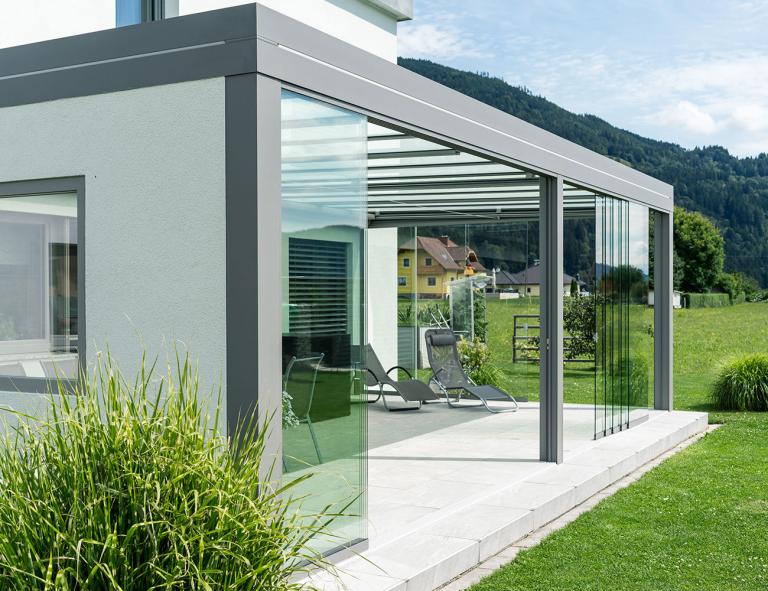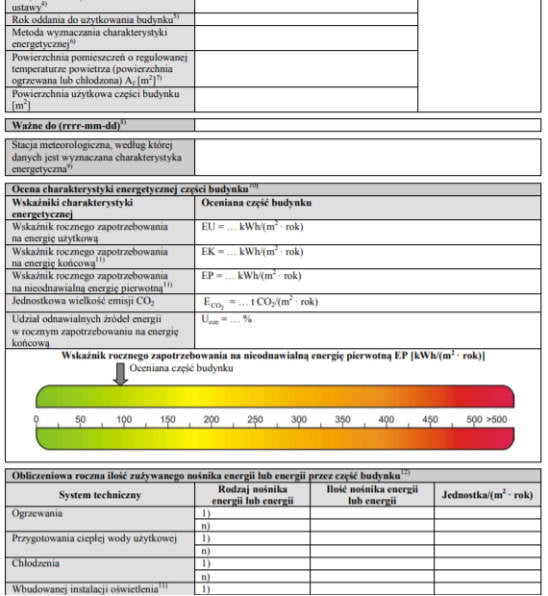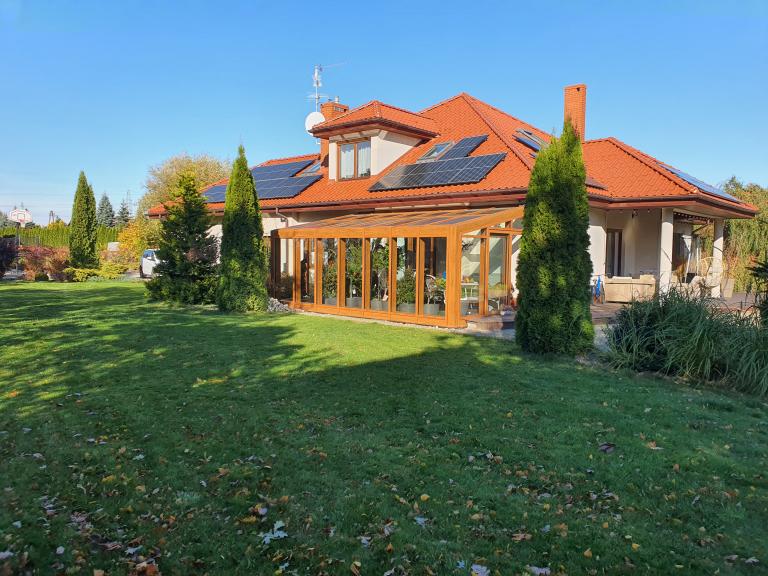Summer gardens are a place where we like to spend time during warm summer days. Undoubtedly, it is a place that has not only an aesthetic function, but also a practical one. Usually, summer gardens are equipped with various types of elements, such as garden furniture, barbecues or playgrounds for children. However, one of the most important elements of a summer garden is vegetation, and more precisely, its condensation. But is the lack of steam condensation in summer gardens such a good sign?
At the beginning, it is worth considering what water vapor condensation is and what importance it has for vegetation. Condensation is the process by which the water vapor contained in the air changes from a gaseous state to a liquid state, which is manifested by the formation of droplets on surfaces. In summer gardens, condensation of water vapor is of particular importance for plants, because it provides moisture, which is necessary for their proper growth and development.
The lack of condensation of water vapor in summer gardens can have various causes. One of them may be low air humidity, which prevents water vapor from condensing on the surfaces of plants and other elements of the garden. It is worth noting, however, that the lack of condensation may also result from other factors, such as too high air temperature or too much sunlight.
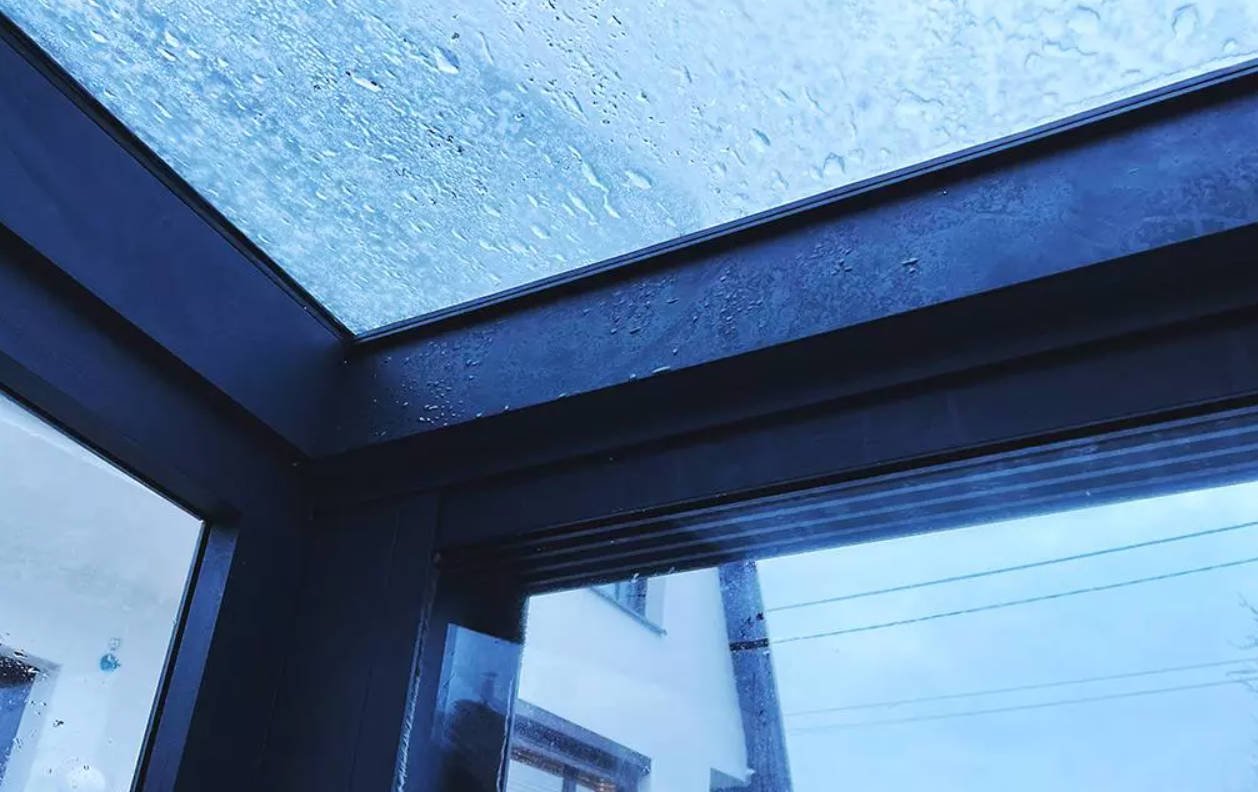
In the case of summer gardens, where the lack of water vapor condensation is a common phenomenon, it is worth paying attention to the consequences it may have for vegetation. First of all, it should be noted that the lack of moisture can lead to drying of the plants, which may result in their damage or even destruction. In addition, the lack of condensation of water vapor can lead to the formation of substances harmful to plants, such as mineral salts or chemical compounds that come from various sources, such as exhaust fumes or dust.
It should be emphasized, however, that the lack of steam condensation in summer gardens does not always have to be a bad signal. There are plants that do well in dry conditions and do not require a lot of moisture. In these cases, the lack of condensation is not a problem and these plants will grow and develop to their full potential.


